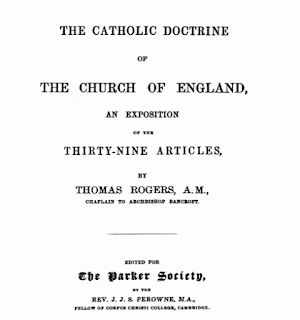"Succour and defend us on earth": why we need Michaelmas

Lighten our darkness, we beseech thee, O Lord; and by thy great mercy defend us from all perils and dangers of this night; for the love of thy only Son, our Saviour, Jesus Christ. It is during Autumn that the Third Collect at Evensong has a particular resonance. The days are shortening, the evenings are darker. Evensong during these weeks is often said or sung as the sun is setting, the mellow beauty of Autumnal sunset the background to our evening prayer. As Autumn progresses, as the leaves fall, the days become colder and shorter, as the year declines, intimations of our vulnerability present themselves in a way that is not the case during the exuberance of Spring or the glory of Summer. Cooler days and darker evenings, falling leaves and the approach of the year's end. They remind us of our vulnerabilities and frailties. It has been a year when we have been confronted with our vulnerabilities and frailties in an unexpected and disconcerting fashion, as a virus sprea...













